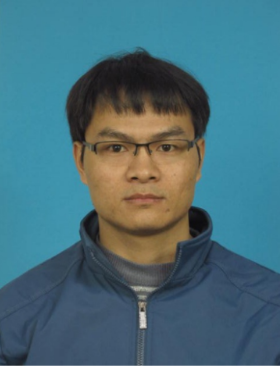
Seminars
November 16, 2021: Dr. Khuat Van Thanh (Le Quy Don Tech. Univ.), Laser Fault Injection in a 32-bit Microcontroller: From the Flash Interface to the Execution Pipeline
Fault Injection (FI) is an active side-channel attack in which an attacker induces faults to the target and further exploits them to extract secret information by differential analysis (fault vs no-fault). Many FI techniques have been developed, such as clock or voltage tampering, Electromagnetic fault injection, Laser fault injection (LFI). The attacks can be classified into invasive, semi-invasive, and noninvasive attacks. LFI can be classified into semi-invasive techniques because the device needs to be unpackaged to guarantee that the light can reach the circuit layer. In this attack technique, a laser source is used to induce ionization in electronic circuit devices, causing the targets to behave differently. LFI has an extremely high spatial resolution which makes it possible to achieve a local effect on a single element with even the most advanced technology. This talk is about a method for obtaining faults using Laser Fault Injection (LFI) in a 32-bit Microcontroller (MCU) from the Flash interface to the execution pipeline via the AHB bus.
Speaker: Dr. Khuat Van Thanh, Le Quy Don Tech. Univ.
Time: 15:30, Tuesday, November 16, 2021
Venue: E3-710,144 Xuan Thuy,Cau Giay, Hanoi; Access code: https://bit.ly/3HobwPx

Van Thanh Khuat received a Bachelor’s degree at Xidian University, China in 2012. As a student, he was awarded several times the “excellent student” scholarship for international students. In the year of 2011, he took part in the national contest of electronics circuit design for students and won the second prize in the Shannxi province. In 2012, he got a full scholarship from CSC scholarships for his Ph.D. program. In 2016, he achieved a Ph.D. degree from Xi’an Jiaotong University, China, and his Ph.D. thesis was graded excellent. He is currently a lecturer at the Department of Information security, Le Quy Don Technical University. From 2020 to 2021, he held a postdoc position at Telecom Paris, France. His research interests include embedded security and fault injection. He also has co-authored several publications at top journals and conferences in the fields.
